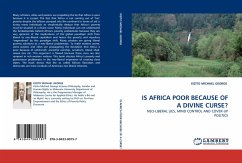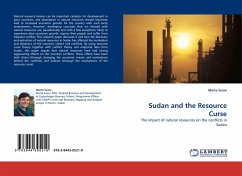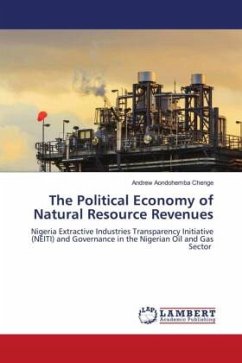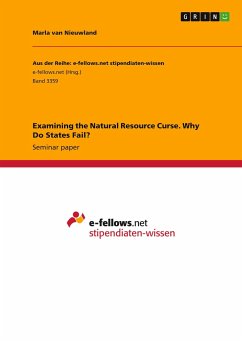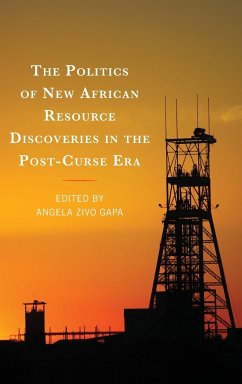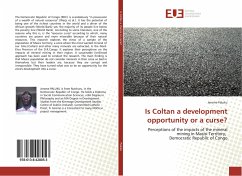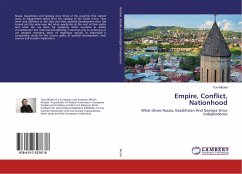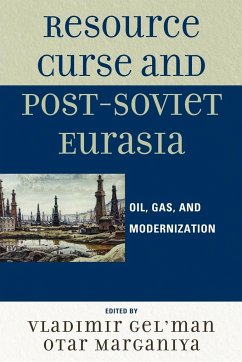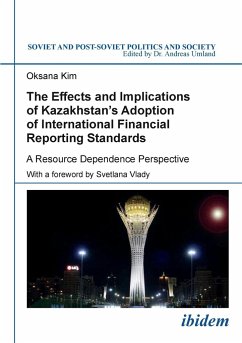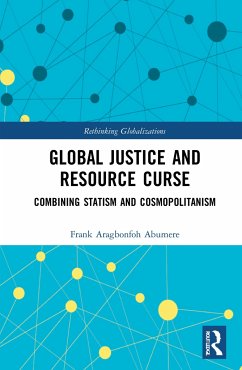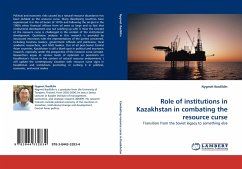
Role of institutions in Kazakhstan in combating the resource curse
Transition from the Soviet legacy to something else
Versandkostenfrei!
Versandfertig in 6-10 Tagen
52,99 €
inkl. MwSt.

PAYBACK Punkte
26 °P sammeln!
Political and economic risks caused by a natural resource abundance has been dubbed as the resource curse. Many developing countries have experienced it in the oil boom of 1970s and following the oil-glut in the 1980s when financial inflows from oil were so large and so fast that institutional development was not catching up with it. Now the concept ot the resource curse is challenged in the context of the institutional development. Qualitative analysis in this research is provided by structured interviews with the representatives of the parties concerned, including business leaders, governmen...
Political and economic risks caused by a natural resource abundance has been dubbed as the resource curse. Many developing countries have experienced it in the oil boom of 1970s and following the oil-glut in the 1980s when financial inflows from oil were so large and so fast that institutional development was not catching up with it. Now the concept ot the resource curse is challenged in the context of the institutional development. Qualitative analysis in this research is provided by structured interviews with the representatives of the parties concerned, including business leaders, government officials and politicians, local academic researchers, and NGO leaders. Out of all post-Soviet Central Asian countries, Kazakhstan is still a blank spot in political and economic research, especially under the prospective of the resource curse concept. Researchers argue at various levels of optimism or pessimism on Kazakhstan's future in the context of natural resource endowments. I will update the contemporary situation with resource curse signs in Kazakhstan and institutions promoting or curbing it in political, economic, and social realms.



